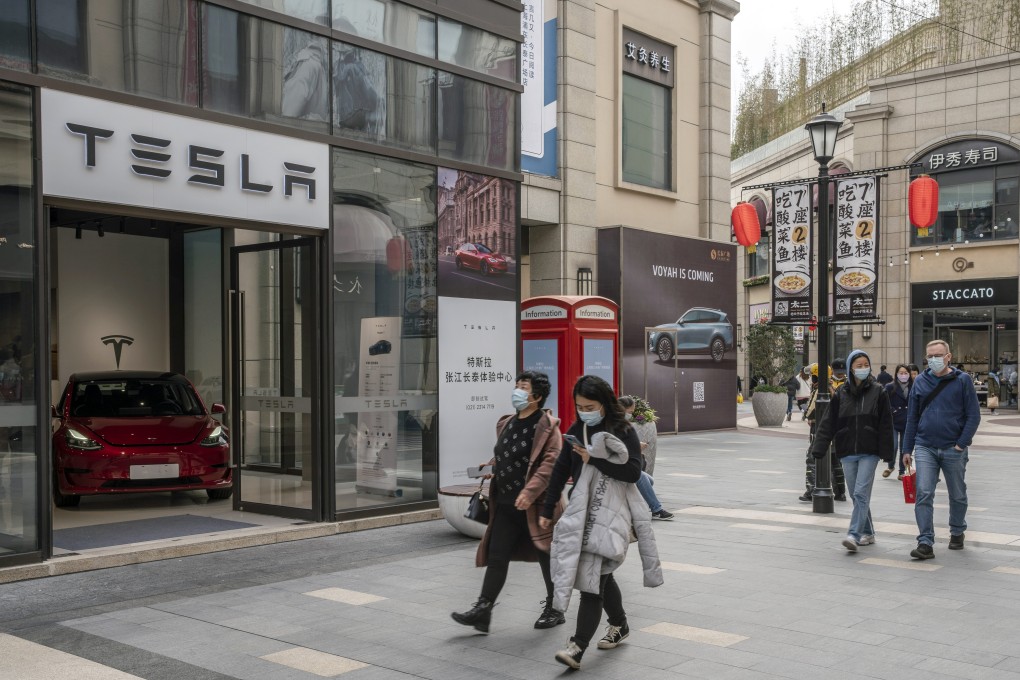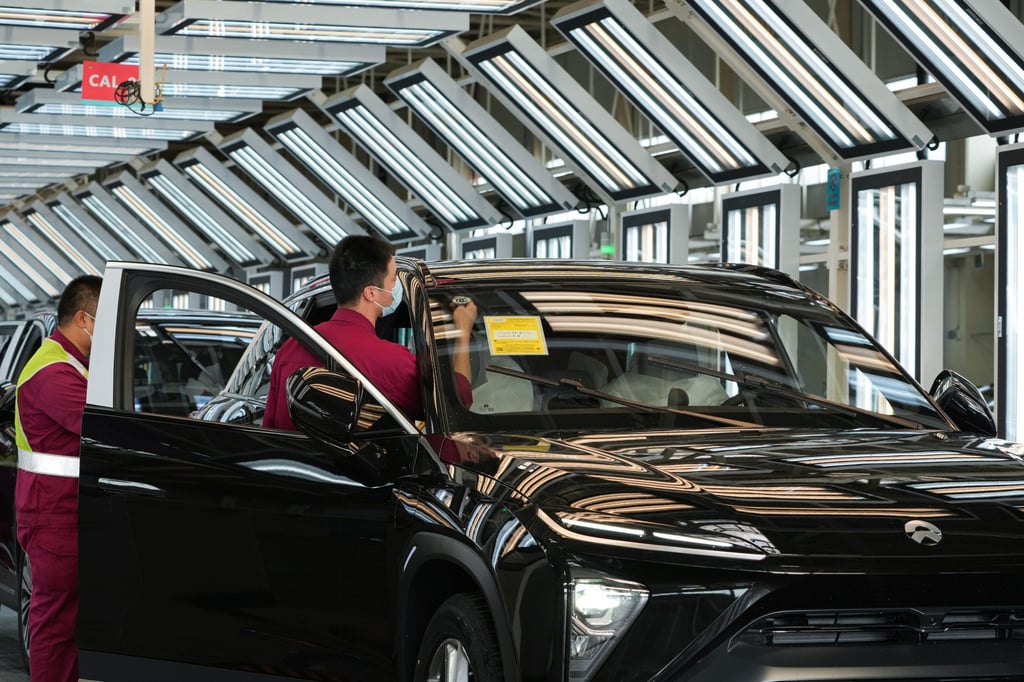China considers extending EV tax exemption to put industry back on track after Covid-19 lockdown
- State Council expects the tax cuts to spur consumers to spend an extra US$29.8 billion on electric cars
- China’s car industry lost 1 million units in production because of pandemic-related curbs across the country

The State Council, China’s cabinet, expects the tax cuts to spur consumers to spend an additional 200 billion yuan (US$29.8 billion) on buying EVs, Xinhua News Agency reported following a meeting chaired by Premier Li Keqiang on Wednesday. The report did not elaborate on when the cabinet’s decision on the tax policy will be made.
“An extension of the tax exemption is highly expected by the automotive industry,” said Chen Jinzhu, the chief executive of Shanghai Mingliang Auto Service, a consultancy. “A strong automotive industry will effectively boost the national economy and help maintain a high employment rate.”
Beijing, which has exempted buyers of environment-friendly vehicles from paying the 10 per cent purchase tax since September 2014, has seen sales increase sharply as a result of the policy support. The government had, however planned to scrap the incentive at the end of this year.

An EV with a driving range of more than 400km is currently eligible for a 12,600-yuan subsidy, according to the Ministry of Finance. Beijing plans to cancel government subsidies for EV purchases from 2023, but industry officials predict the incentive may be extended to support the industry.